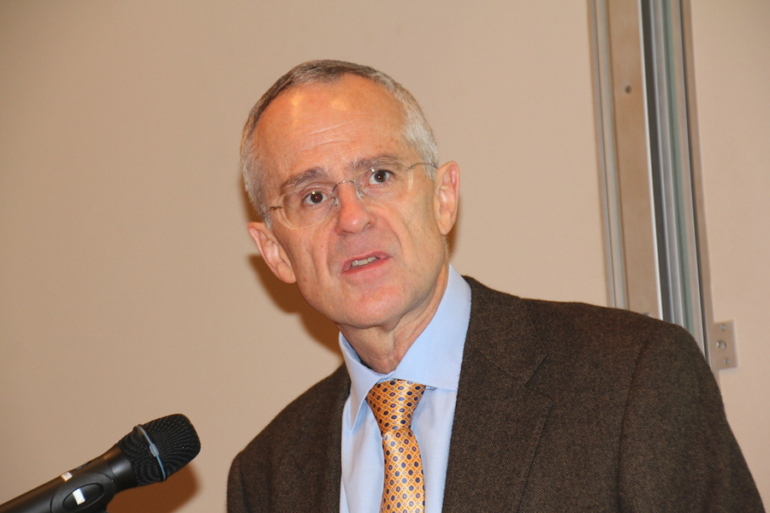The Australian Competition and Consumer Commission (ACCC) is launching an inquiry into the power and impact of digital platform providers such as Facebook and Google on competition in the media and advertising markets.
The ACCC has been directed to undertake the inquiry by Treasurer Scott Morrison, part of a deal made with former Senator Nick Xenophon in September in exchange for his support of the government’s media ownership law.
Rod Sims, chairman of the ACCC, said the watchdog is going into the inquiry with “an open mind”.
“[The ACCC] will study how digital platforms such as Facebook and Google operate to fully understand their influence in Australia,” he said.
Among other issues, the inquiry will examine the impact of platform service providers on the level of choice and quality of news and journalistic content to consumers; the impact of innovation and technological change on competition in media and advertising; and the extent to which platform service providers are exercising market power in commercial dealings with publishers and advertisers.
The ACCC pointed out that ad spend in print newspapers has been in decline for years, with its own merger reviews showing most advertisers are choosing other methods to reach their target audiences, including digital media.
“As the media sector evolves, there are growing concerns that digital platforms are affecting traditional media’s ability to fund the development of content,” Sims said.
“Through our inquiry, the ACCC will look closely at the impact of digital platforms on the level of choice and quality of news and content being produced by Australian journalists.”
With the inquiry pushed by the government, held under the Part VIIA of the Competition and Consumer Act (2010), the ACCC will be able to use compulsory information-gathering powers and hold hearings through the course of the inquiry. The ACCC will present a preliminary report on its findings within 12 months.
The power of Google and Facebook has recently been called into question in other countries.
Google was handed a €2.4 billion ($3.7 billion) fine by the European Union in June for abusing its dominance of the search engine market to favour results for its own shopping comparison service. It is appealing the fine.
Speaking at the Web Summit conference in Lisbon last month, European Commission for Competition Margrethe Vestager said allowing market leaders to undercut their competition can end up closing the door to innovation.
“That’s why dominant companies like Google have a special responsibility not to undermine competition. And we had to fine Google because it didn’t live up to that responsibility,” she said.
“The problem isn’t that some companies are big and successful. That success is a good thing. It inspires others to try and match it. After all, what startup founder could honestly say that they wouldn’t like to be like Google one day? So we’ve never objected to the fact that Google’s search engine dominates the market. We just don’t want it to use that dominance to squeeze out innovation.”
Meanwhile, Facebook has been called to submit evidence to an inquiry into fake news being conducted by the UK’s Digital, Culture, Media and Sport Committee, with Committee chair, Damian Collins in October writing a letter addressed to Mark Zuckerberg stating, “Part of this inquiry will focus on the role of foreign actors abusing platforms such as yours to interfere in the political discourse of other nations.”
Image: Rod Sims. Source: beefcentral.




















Trending
Daily startup news and insights, delivered to your inbox.